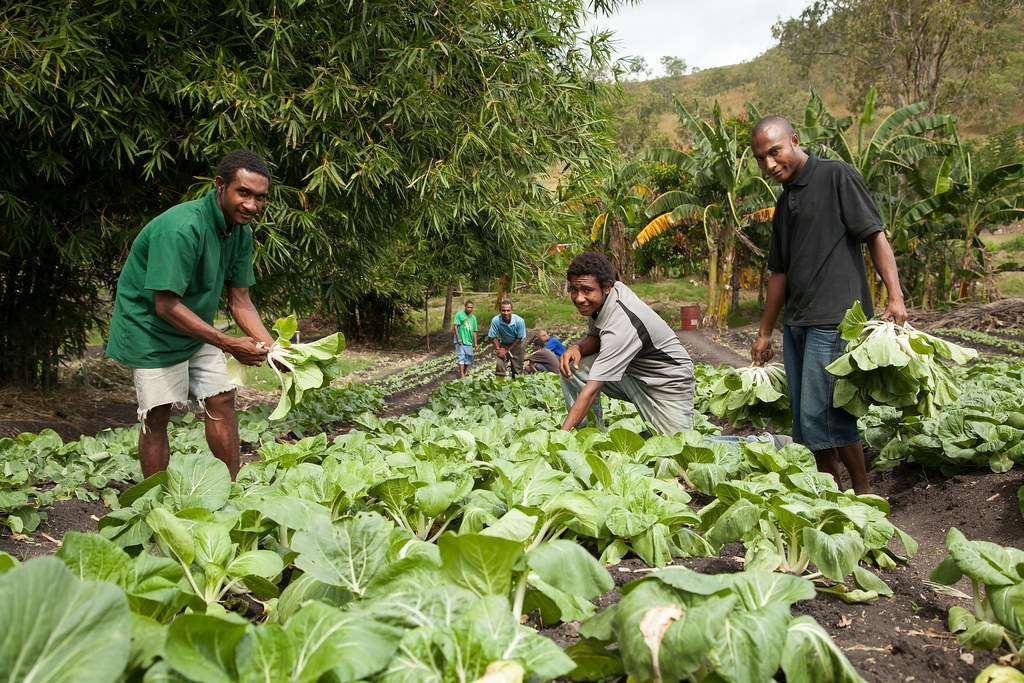At risk of ‘unintended effects’ of climate policies: World Farmers Organisation
Farmers could be hurt by the very actions that are meant to help them if they are not in the room when disaster risk reduction policies are developed, says World Farmers Organisation board member, Katrina Milne.
She was speaking at the Global Platform for Disaster Risk Reduction meeting in Bali this morning on progress towards implementing the Sendai Framework, a plan of action to prevent new, and reduce existing, disaster risks.
Milne, who is also a farmer from New Zealand, told Islands Business that the slow and unintended consequences of carbon/emissions pricing can include increases in fertiliser costs.
“The irony of trying to remove emissions from the atmosphere, [is to] price us out of growing food effectively through prices of fuel and fertilisers.”
Milne says other responses, such as more drought-tolerant crops, those that require less fertilisers etc, are a long way away, and that in some cases, the technology involved is quite controversial.
“And the investment going into doing that is is not as big as it could be, there seems to be more investment going into creating plant-based foods and non-animal meats at the moment, than there is in what can we do better with what we already know how to do,” Milne continued.
She says while the New Zealand, Australian and Pacific Island governments cooperate closely in the agricultural sector, “farmer to farmer there’s not as much”.
Earlier this morning, Milne said some carbon policies are seeing trees being planted on “good productive land” and policies on methane reduction raise the issue of food diversity if livestock is affected.
She says that farmer organisations have a role to play in the disaster risk reduction discussion, particularly in terms of forecasts and multi-warning systems.
Milne said she could “not emphasise enough” another risk, the threat to food security posed by the ongoing war in Ukraine, saying ports need to open so grain currently trapped in Ukraine can get out.
